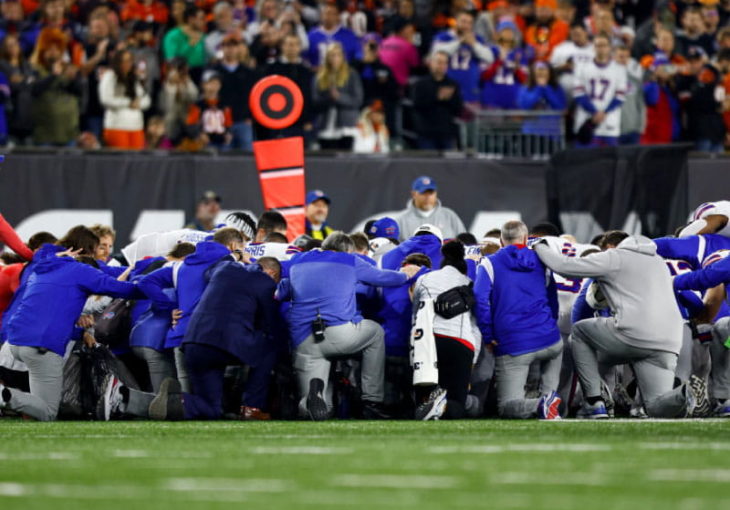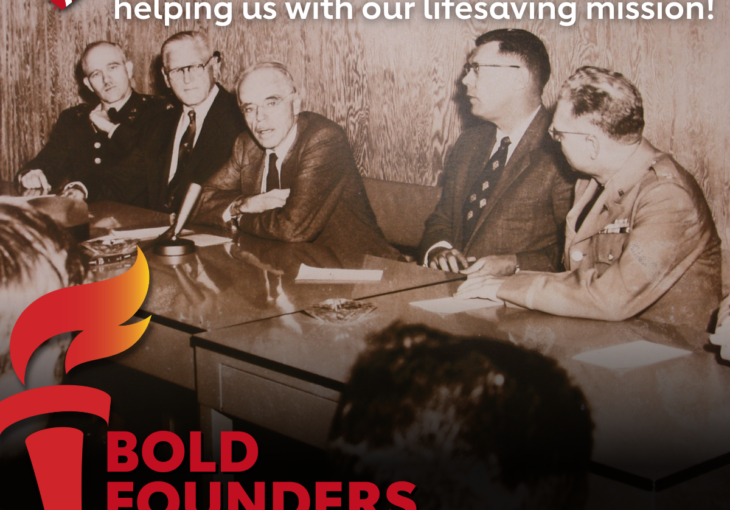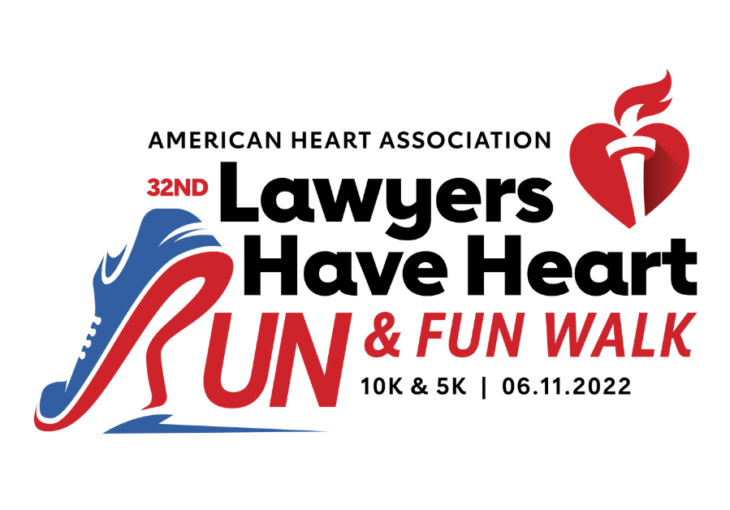
Angela Curry, Chief Compliance Officer at Bentley Systems, to lead 2023-2024 Philadelphia STEM GOES RED Initiative
Community leader inspires young women in Philadelphia public schools to uncover their potential through STEM Goes Red movement with support from local communities, employers, and schools. The American Heart Association, the world’s leading nonprofit organization devoted to a world of healthier lives for all, announces Angela Curry, Vice President and Chief Compliance Officer, Bentley Systems,






